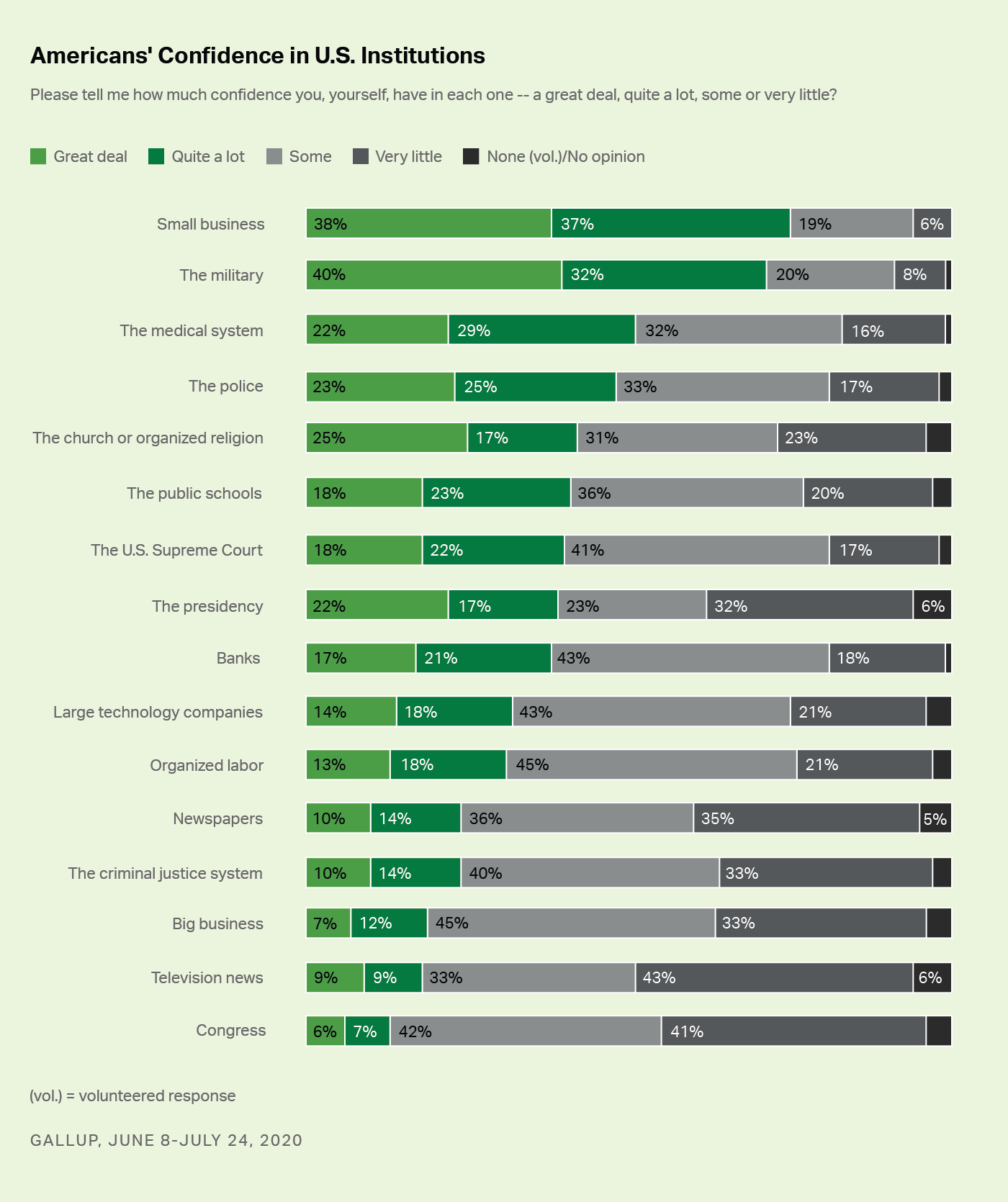Background to Where Did Trust Go? Restoring Authority and Accountability in Organizations.
When a book or essay appears in print, it is never all that could be said. It is a distillation or the essence of the topic.
For my short book, Where Did Trust Go?: Restoring Authority and Accountability in Organizations, the instigating moment was a question from a Nairobi businessman. He asked me following a presentation to his group last February,
“What are we to do about corruption in government and business?”
At that point in time, I did not have an answer. I do now. It is found in this little book.
Let me describe what I see that led me to write. Let’s look at this through the lens of the Circle of Impact in terms of three problems.
Loss of Values.
In many organizations today, expediency is the name of the game. The ends justifies means. As a result, whatever it takes to win, to gain the profit, to defeat our opponents is appropriate. This expediency gets rationalized in a variety of ways. In effect, we lie to ourselves.
I don’t think people realize this. It is so prevalent throughout our culture. Do a little observation experiment. Open up LinkedIn to your home page feed. Read down through the thread of posts. Now, what if everything written there was a lie? I’m not saying it is. I am suggesting that if it was, we wouldn’t know. Because we want all those positive statements to be true.
How can they be true if the world seems to be falling apart? I see a disconnect between what we tell ourselves and how we live. The core problem from my perspective is a loss of values.
Values are not a tactic for winning. Instead they are a strategic tool for health and wholeness in the functioning of an organization.
Maybe you win, maybe you don’t, regardless, you can remain healthy and whole.
We don’t need values just as some statement of intention or belief. More importantly, they serve as a foundation for protection for what truly matters. I am convinced that values are the only non-negotiable aspect of our lives. They are the foundation of what is truly good and worthy of aspiration. However, values can only be non-negotiable when we have reached a level of clarity about the values that are most important to us.
In other words, we need to be clear about the impact that our values should have. The impact of our values is delivered through our sense of purpose. We focus on the impact we want to have because our values inform why it matters.
We also gain the impact of our values in our relationships. The inform us about how we are to relate to one another. As a result, not only do we have a foundation for healthy relationships, but a guide for how to develop relationships of respect and trust. Without clarity of our values, we may well find ourselves rationalizing our behavior even when it is self-destructive.
I have written in several places about my core value being honor. It shapes how I treat people. Granted I may at times be provoked to treat someone dishonorably, but I only know I’m wrong because the place of honor is so central to all that I do. It also means that I not only seek to respect people, but I honor their choices whether I agree or not. We each are responsible for the choices that we make. Whether rightly or wrongly, I honor the choices people make and the consequences that come from them.
How do you know what values matter most to you? It is something that you live with, wrestle with, road test, and ultimately come to see that you are willing to sacrifice everything to preserve the values that matter to you. For me, honor equates to integrity which equates to wholeness. In other words, to be a whole person, I have to live a life of integrity, and for that, I must live with honor.
Values are a platform for strength and a guard against the temptations of corruption.
Missing Relationships of Trust
The politics of the past twenty years have placed a severe stress upon our relationships. In effect, politics is now central to human life. And political ideology is how we define who we are.
The Gallup Company surveyed people this summer to measure their confidence in the institutions that affect us on a daily basis. Look at this chart.
Only three groups have a positive level of confidence by more than 50% – small business, the military, and, the medical system. All the others are a negative or no opinion over 50%. Look at the most powerful institutions in our country – the presidency, newspapers, the criminal justice system, big business, television news, and Congress – the public’s lack of confidence is significantly high. The two institutions lacking the most confidence are the ones we are most dependent upon – Congress and television news.
Politics today is principally about power, its acquisition and use. At one time in the past, it had more to do with governance. Today, it is the quest for centralized control of society. The greater control, the greater loss of trust. Can any organization exist for long where their constituents do not trust them?
This is a moment of transition. It is why this series of books is called The Transition Chronicles. One of those transitions is the loss of trust in our relationships and in the institutions where those relationships operate. No one is talking about it though. We have already passed the critical transition point of decline. Trust is a lost experience for many people. Without trust, all that remains is power, and as Lord Acton remarked, “Power corrupts and absolute power corrupts absolutely.”
What then should we do? Trust is a product of active respect between people. It starts with our families, then with our friends and co-workers, and then with the institutions and organizations of our local communities. If we can’t build trust at the local level, then it will never be regained at the national or global level.
In all our relationships we should seek to build respect, establish trust, and practice mutual accountability. This is part of the way we will restore authority and accountability in society as I write about in my short book.
The Heart of Organizational Brokenness
In Where Has Trust Gone? Restoring Authority and Accountability to Organizations, I see corruption born in how organizational structures have developed over the past several centuries. When the quest for power dominates, it becomes authoritarian. When that happens, corruption sets in because there is a loss of accountability.
How can you tell when there is a loss of accountability? When there are two sets of rules or laws in society. One set for the powerful. Another set for the rest of us. If you want to restore trust, make sure that the rule of law applies equally to everyone.
When the rule of law is compromised then the legal system becomes politicized. When there are people and organizations who are prosecuted for their political beliefs, then an authoritarian state results.
This is the kind of transition point that modern organizations and nation states face today. When power and wealth become concentrated as the possession of a select few people and organizations, it is not a sign of strength, but of weakness. When power is concentrated with a few, societies and organizations become vulnerable. When power becomes isolated to a few, there is no latitude for error. As perspective narrows, it becomes difficult to see what exists apart from their direct experience. They cannot see their own vulnerability. Our world is now a fragile one as a result.
Restoring Authority and Accountability
All this is background to my short book. There is much more to say. Not only is there a political source to corruption, but there is a cultural one. It is important to understand this. In Where Did Trust Go? I refer to writers who have provided me fresh perspective on the culture of organizations and politics. For corruption is not just a violation or a failure of the rule of law. It is a culture which looks the other way because of the benefits that go to those in power.
In the end, in order to fix our institutions, to resolve the issues of corruption, we must look within ourselves to find the resolve to change a culture of corruption that is not just local, but global. The Circle of Impact is a model of leadership that distributes power through the individual initiative of people. It views each person working within an organization or as a member of society capable of functioning in a leadership capacity. Not as an executive or owner, but rather as a person who “takes personal initiative to create impact that makes a difference that matters” within the context of their job or role within the organization. In this sense, the Circle of Impact is simple a call for people to be responsible for all that is within their reach. In this sense, power becomes decentralized and distributed in its smallest and most local form – the individual person – you and me.
To rebuild trust in our organizations and society, we must restore the relationship between authority and accountability. It is this idea that I hope you are provoked to believe in through my short book, Where Did Trust Go? Restoring Authority and Accountability in Organizations.
* Image: Sky Without End – Chessney Sevier



